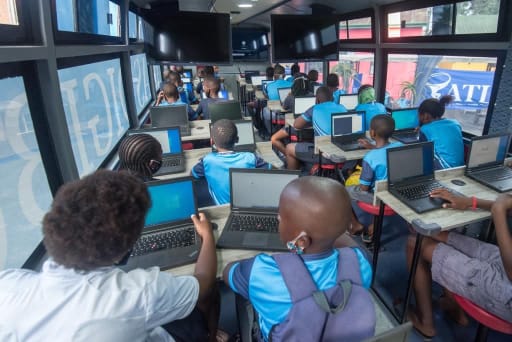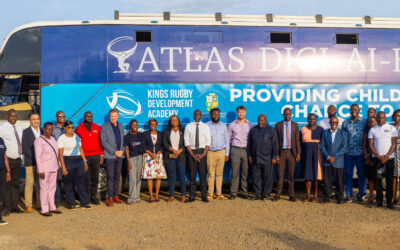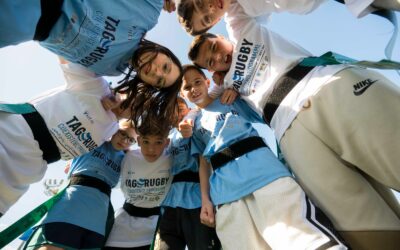Multilingual Education – Accessing and sustaining education for all
Estimates suggest as high as 40% of the global population can’t access education in a language they speak or understand. This severely limits their possibility to access future employment and job markets.
International Mother Language Day recognises the importance of developing multilingualism in education as a tool for accessible and inclusive education; The Atlas Foundation recognise the importance of early promotion and schooling, helping to ensure no child is left behind. This underpins a major aim of the Atlas DigiBus, helping children in Langa, South Africa, to transition between their mother language and English.

“The Atlas DigiBus is helping bridge the language gap, preparing children for their future”
While English remains one of 11 official languages spoken in South Africa, it is amongst the other 35 indigenous languages spoken in the country. For children who’s mother language is indigenous, they struggle to access education they understand while also preparing for future employment, skills, and knowledge. The Atlas Digi Bus helps bridge this gap and prepare children for their future. Converted from an old Skania Bus, the DigiBus is equipped with 40 laptops and software programmes for language and mathematical skills.
804 children have already been supported by Atlas DigiBus and as the new school year progresses, more children will continue to be supported. There have been recorded improvements across language and maths skills for the children, and we are excited to share full development from the end of year reports.



